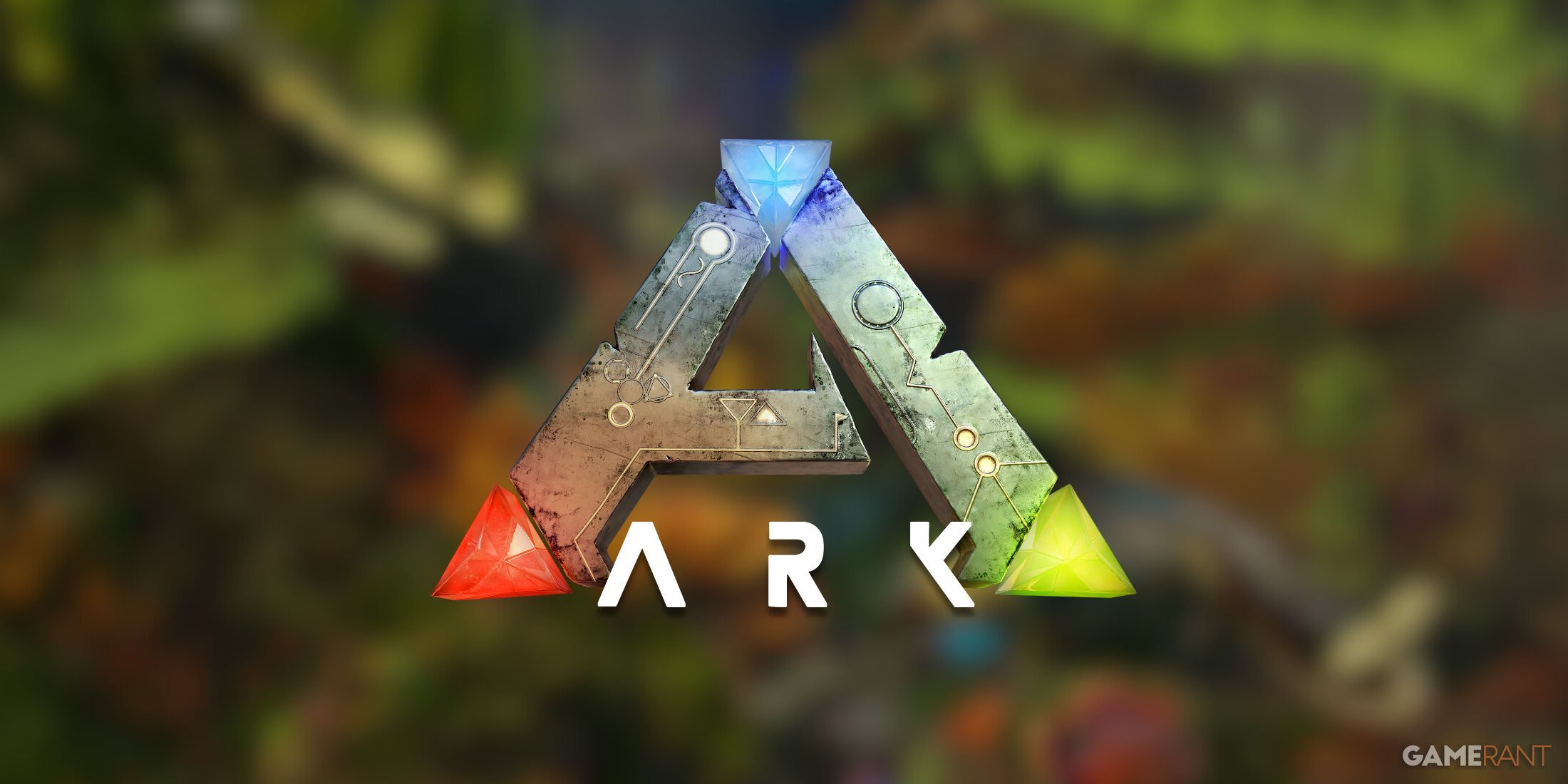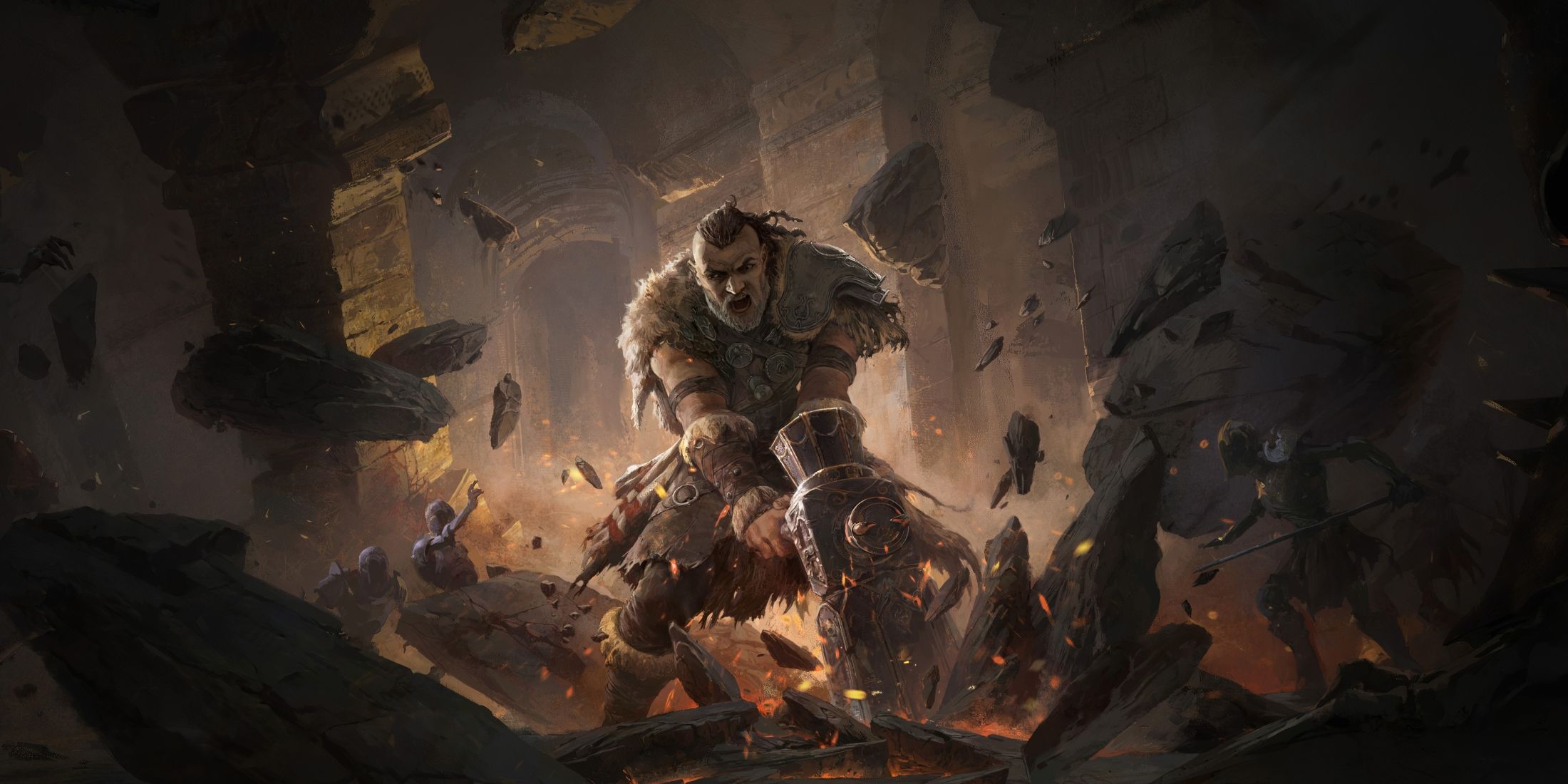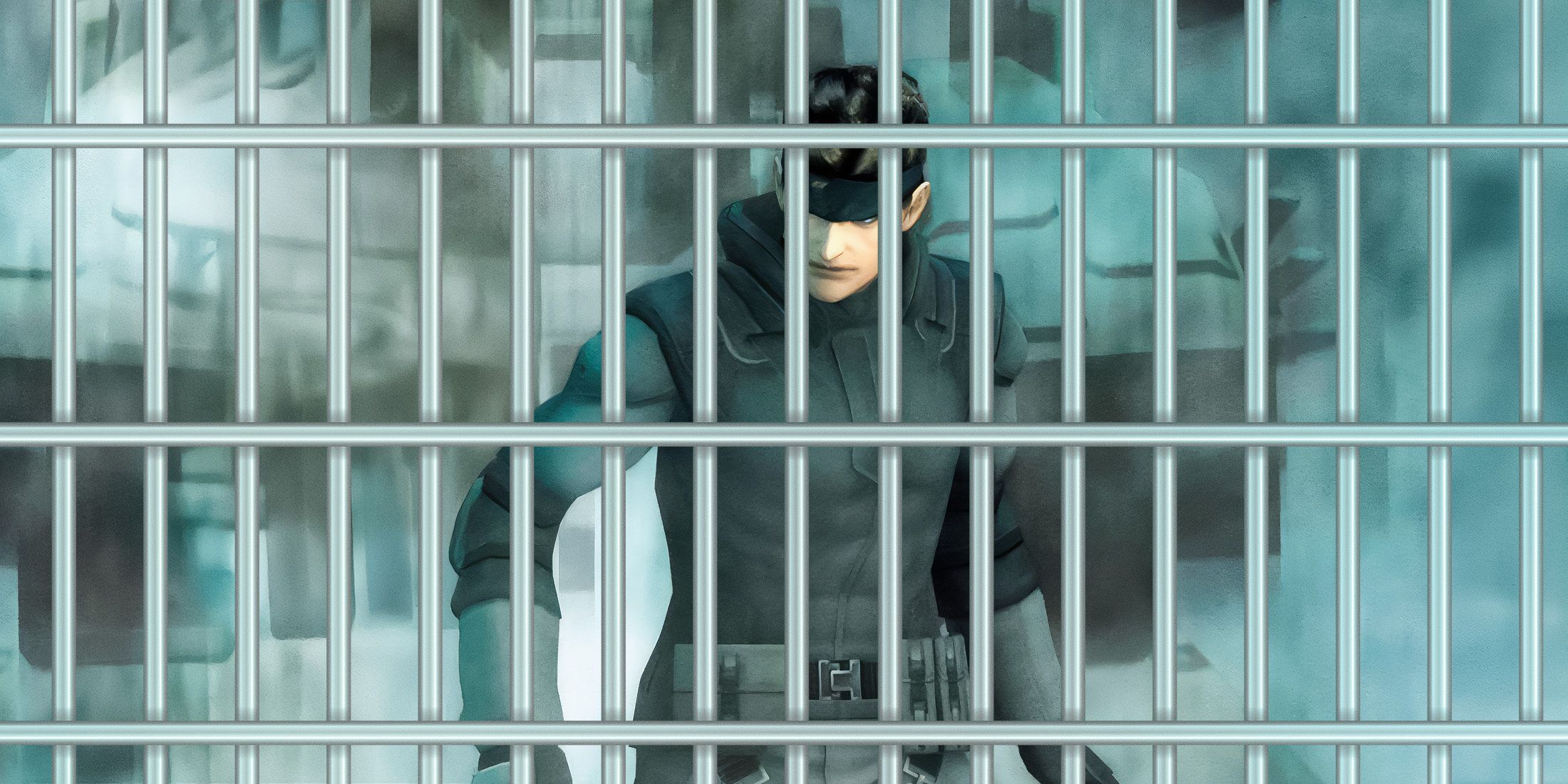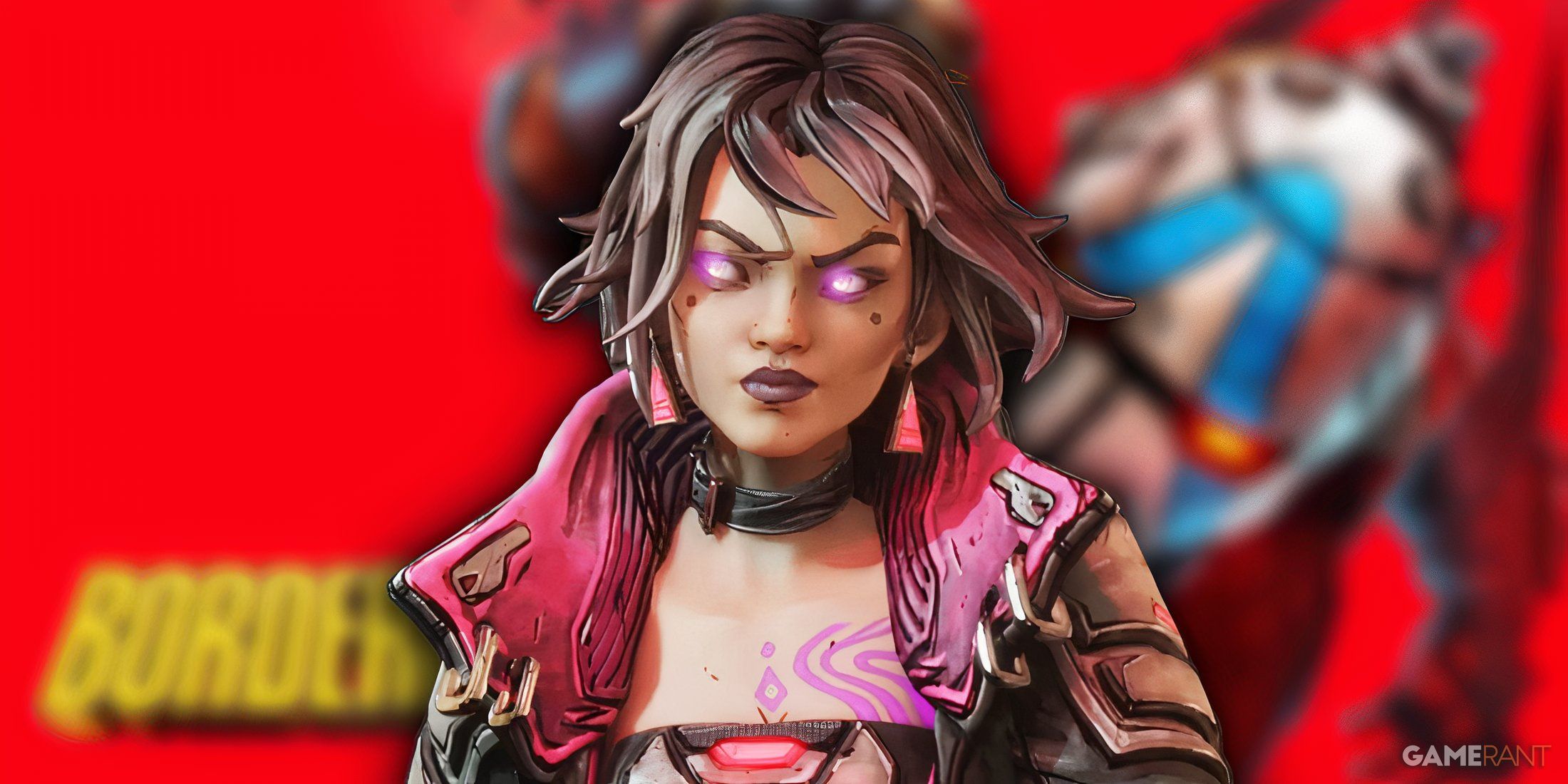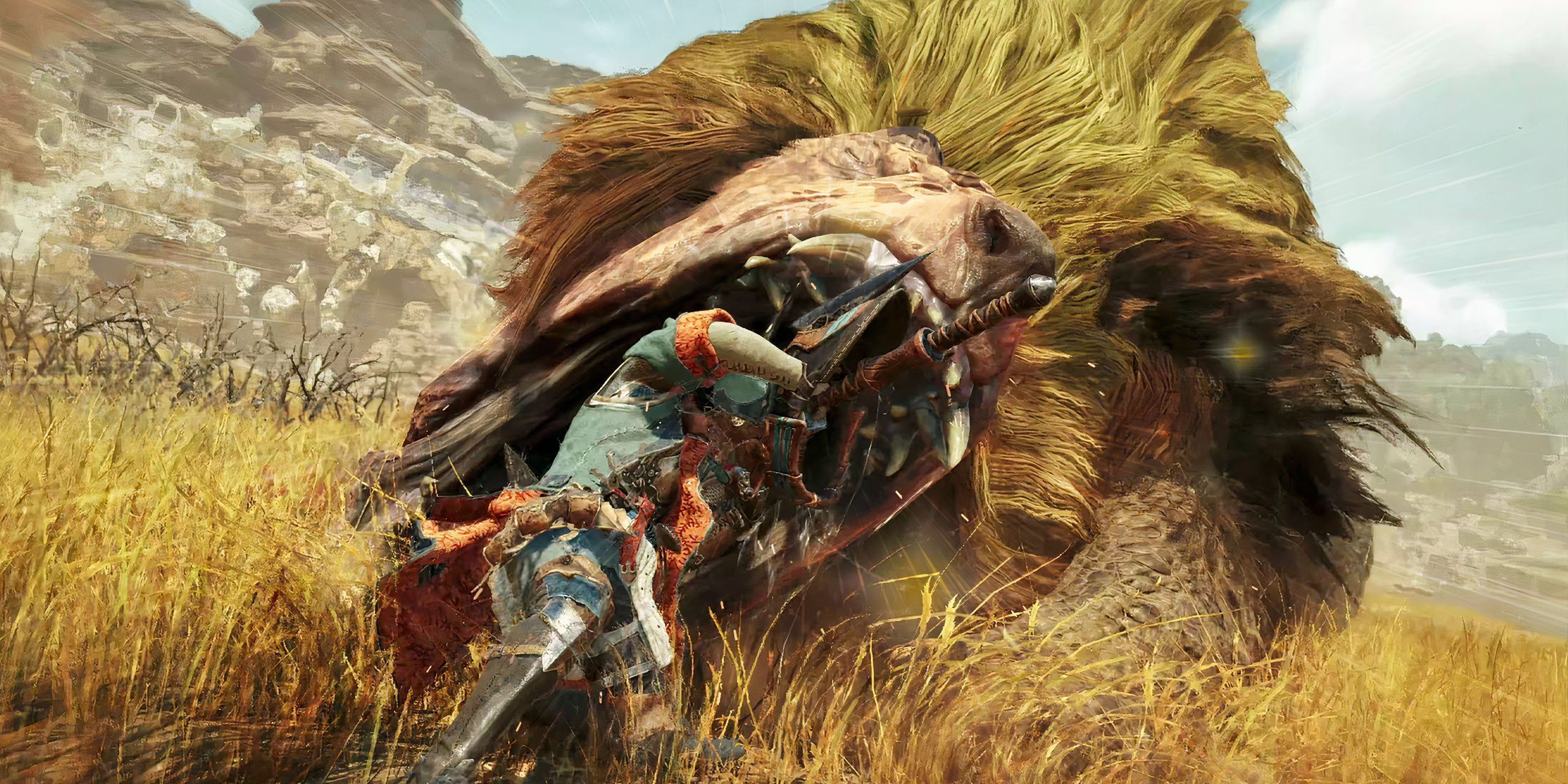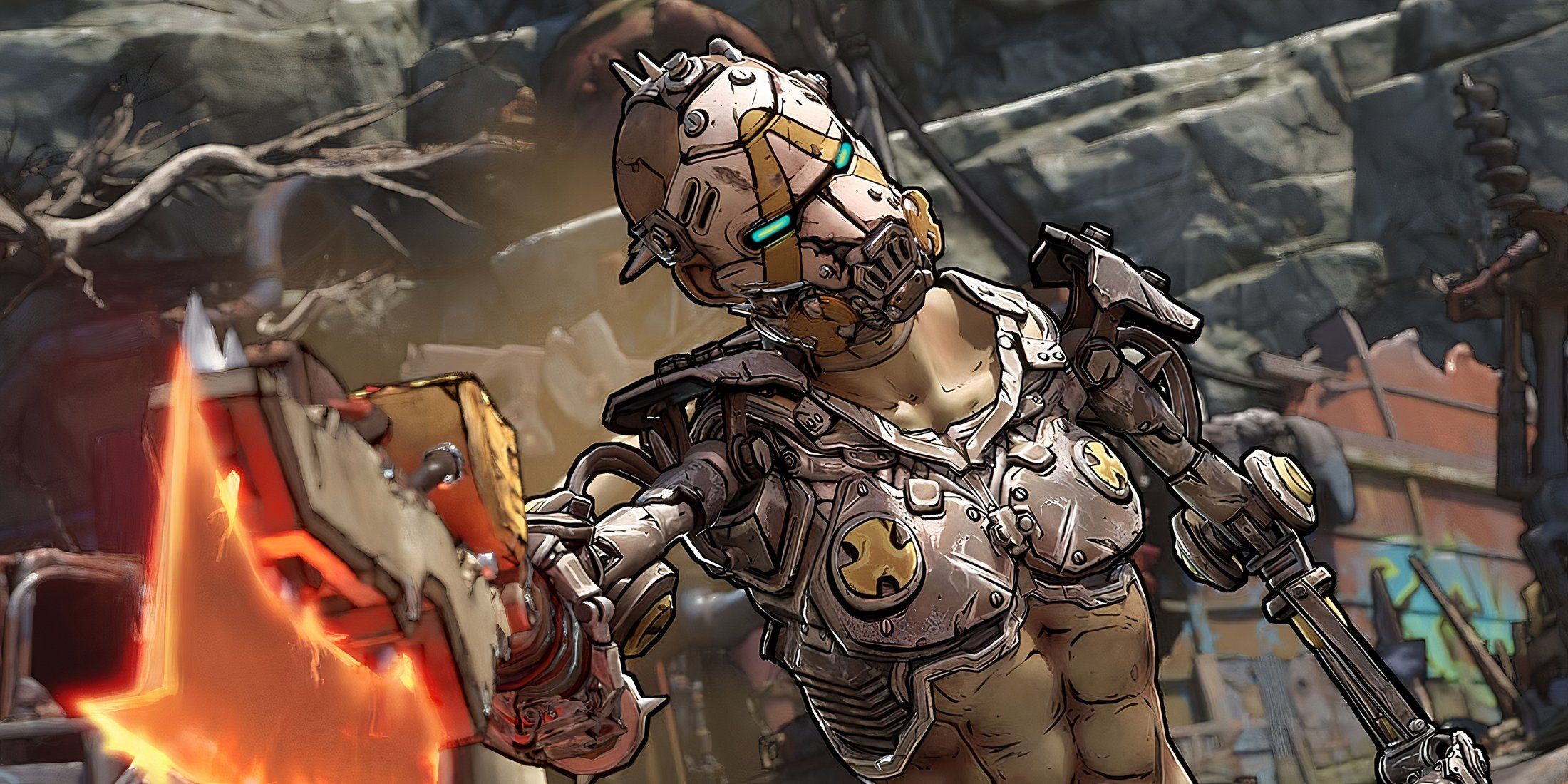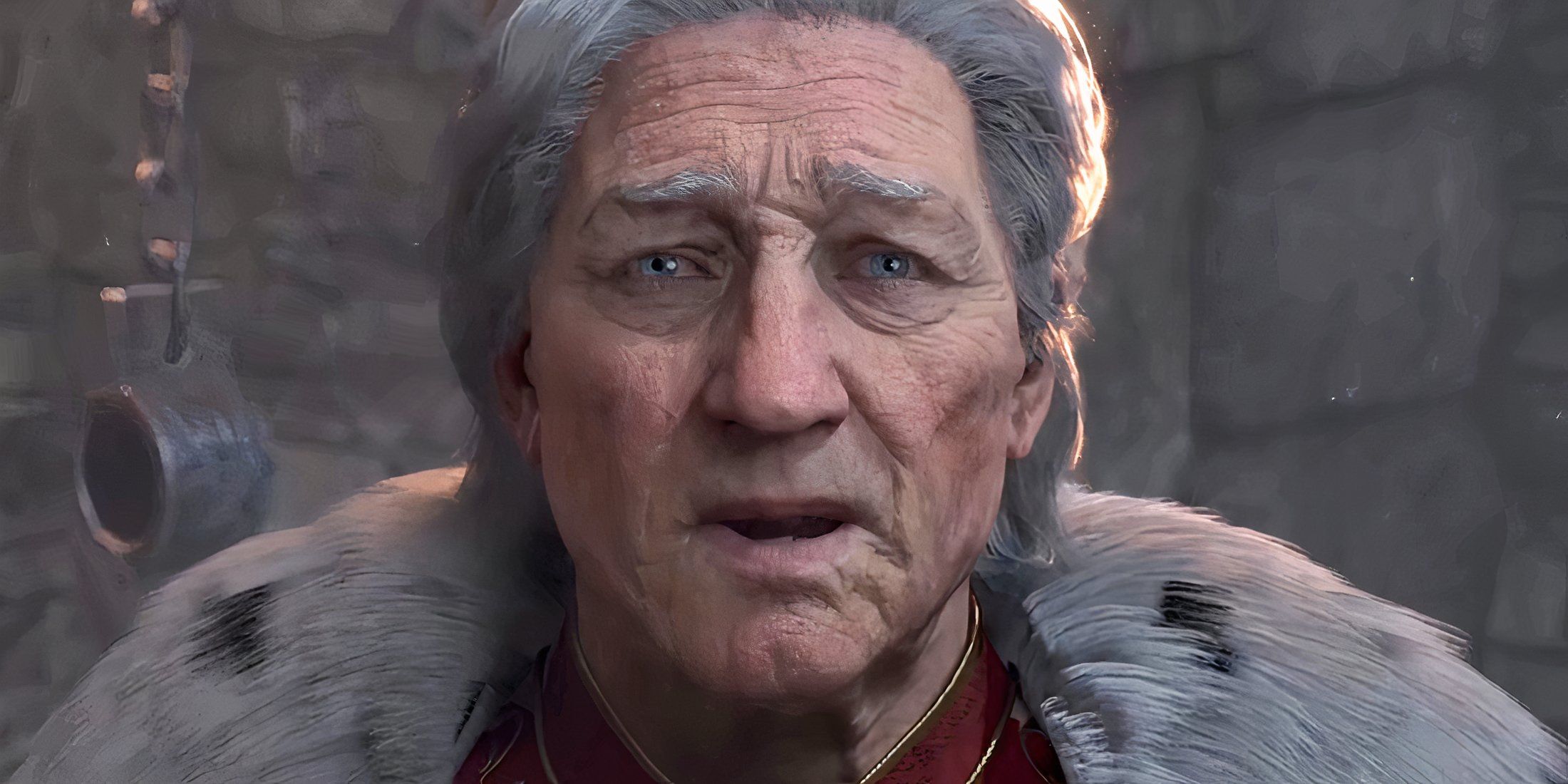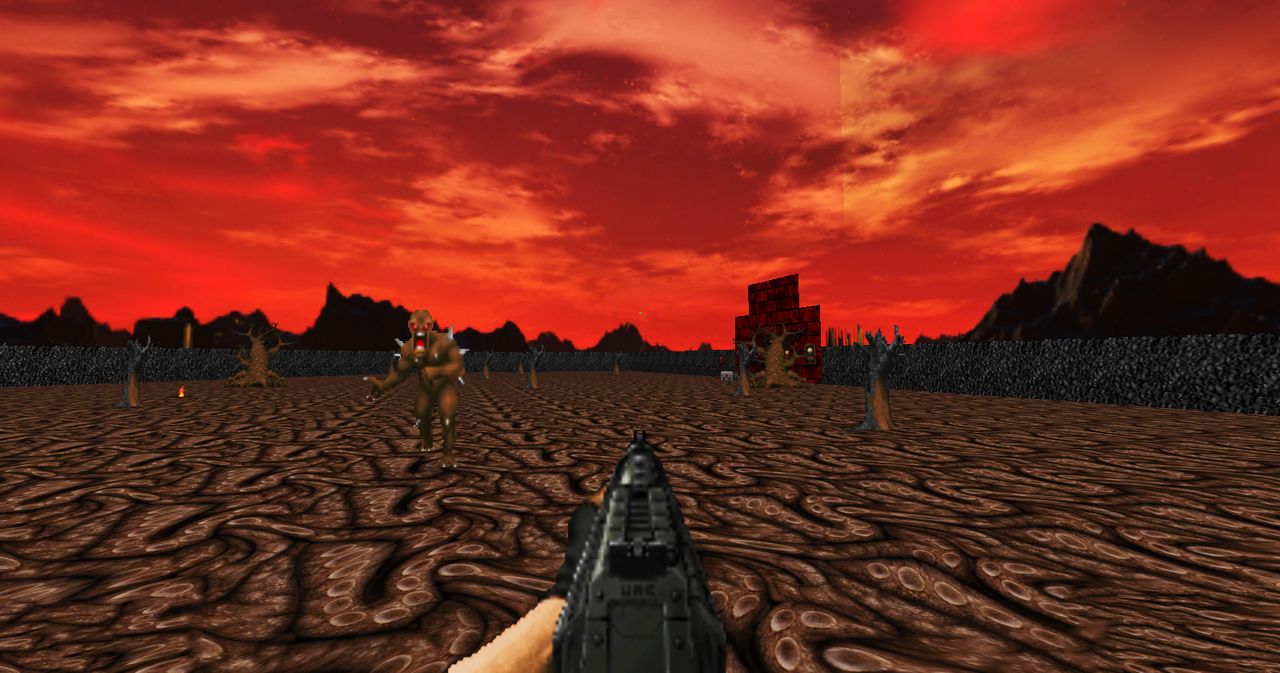
If you played Doom during its heyday in the 90s, I have some disappointing news: it's not as frightening as you remember. But that's just how memory goes.
Id Software's seminal Satanic shooter game, as Robert Rath argues over at Zam, used to feel threatening, transgressive, capable of exerting dangerous power over the real world. Today, it's more likely to feel tame bordering on silly. The blood looks like pixelated ketchup sprays, the demonic imagery cartoonish. Doom doesn't feel dangerous.
For a fan intent on recapturing that virgin high, what do you do when the original no longer lives up to its first impression? Maybe you download Brutal Doom, a mod of the 1993 classic made by a Brazilian fan. Released in 2012 and continually updated since, it's Doom dialed up to 667: Faster, bloodier, with new weapons and revamped challenges. This isn't Doom as it was, but as Motherboard writes, "the bombastic impression it imprinted on your mind when you first played it."
Recently, Brutal Doom added another wrinkle to its evolving re-imagining of the ur-shooter---it's added the weapons from this year's high-def reboot of Doom. Crammed into sprites and thrown into your memories, the new Doom has infected the old.
Brutal Doom, and projects like it, showcase an interesting facet of our relationship to media in the 21st century. The mutability of digital media allows us to do something new. When faced with an original that doesn't match the memory, we don't have to simply face reality. We can revise it.
Rebuilding the PastThink of your most important memories, your most cherished experiences. What you're remembering probably didn't happen quite the way you think it did.
"If there's a lot of suggestion or inference or wishful thinking, you can get distortion in memory," says Elizabeth Loftus, a professor of Social Ecology who studies memory at UC Irvine and has written several books on the subject. "It probably happens quite a lot." As researchers like Loftus have found, memory isn't as simple as pulling snapshots out of our brains. It's a reconstruction, based on the prior experience but also on general knowledge and our own expectations of the past.

